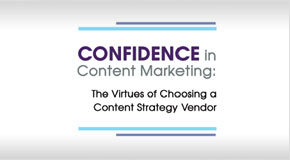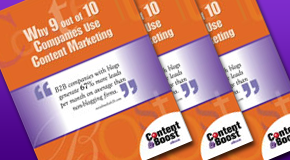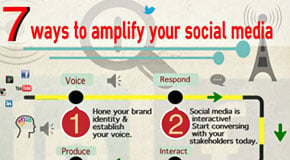To say that content marketing has become a force to be reckoned with would be a gross understatement. As companies continue to compete for digital dominance, budgets for content marketing will continue to climb. From Kraft Foods to IBM to Whole Foods, B2B and B2C companies alike have fully embraced content marketing to help spread brand awareness and increase lead generation.

Despite a shared commitment to branded content creation, however, B2B and B2C content marketing strategies differ in several key areas. Recently, the Content Marketing Institute (CMI) and MarketingProfs released their latest annual reports highlighting the biggest similarities and differences between both groups in their approaches to content marketing.
Here’s a quick rundown of some interesting findings from the report:
- B2B content marketers (35 percent) are more likely than their B2C counterparts (27 percent) to have a documented content strategy.
- Both groups are allocating a similar share of their budgets to content marketing (25% B2C; 28% B2B) and they are producing more content than a year ago (roughly seven in 10 from each group).
- On average, B2B content marketers report using a slightly larger variety of content tactics (13) than those in the B2C space (11). However, social media and e-newsletters are the most widely adopted strategies for both groups.
- B2C marketers are focused on customer retention, loyalty and engagement, while B2B marketers named brand awareness and lead generation their top goals.
- Fewer than four in 10 B2B and B2C content marketers believe they’re effective when it comes to content marketing.
- Less than one-quarter of each group reports some success at tracking a return on investment.
While the aforementioned research indicates that content marketing is nowhere near its end, there are some challenges that both B2C and B2B companies need to overcome—the most common obstacles being effectiveness and the ability to measure ROI.
Content marketing ROI has been a well-documented pain point for companies. What companies often forget is the fact that content marketing is unlike other forms of digital marketing in that takes time to deliver ROI. In fact, it can take weeks or months for a single piece of content to be discovered by readers. In the beginning stages, try focusing on the Web traffic and leads generated from gated content, then dive into the important metrics. The bottom line is: be patient.
For more tips and insight on content marketing, subscribe to the Content Boost eNewsletter here. It’s free!















